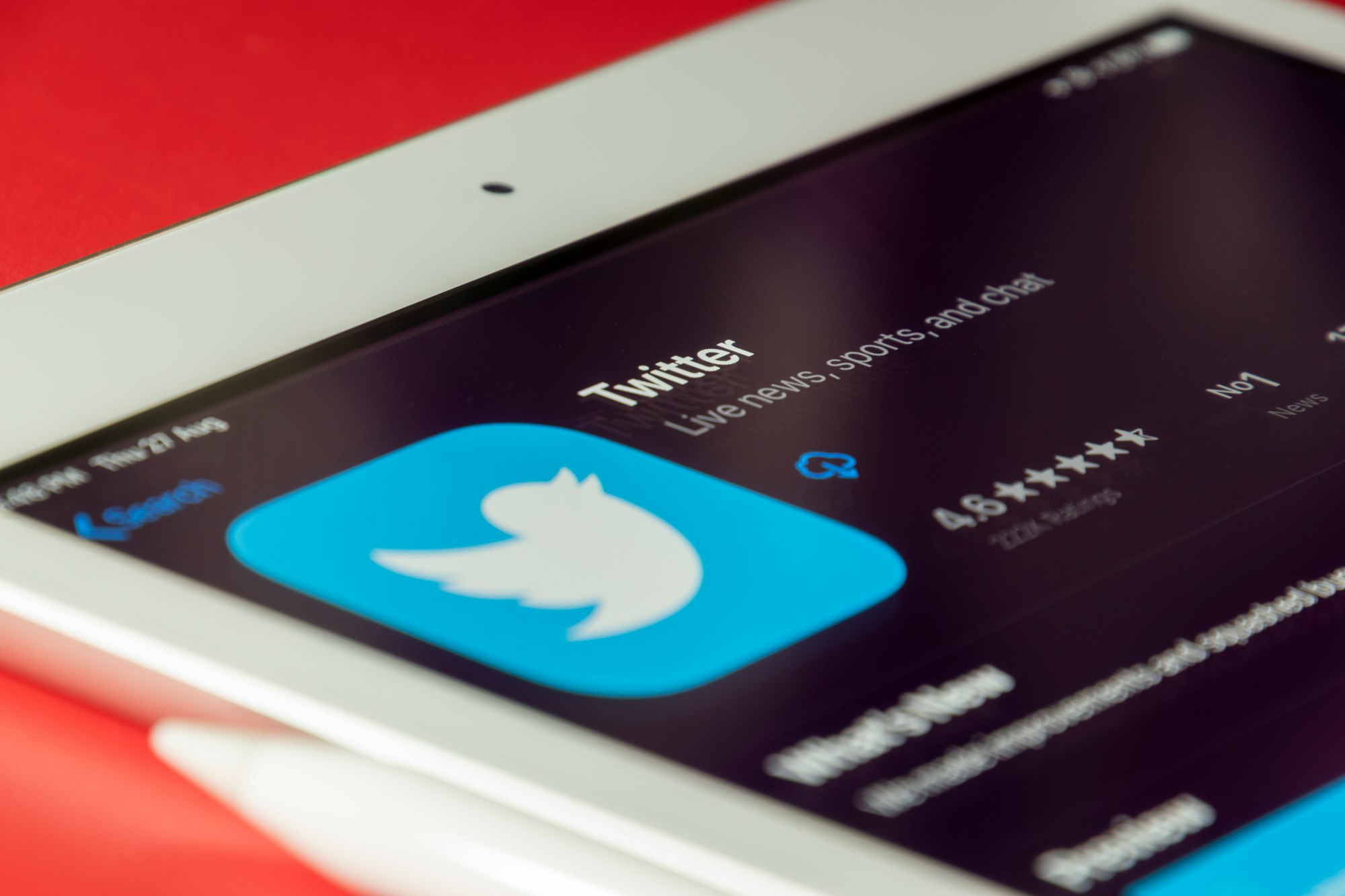How Musk’s Twitter buy-out shapes the platform’s future
Twitter is now owned by someone who calls himself a “free speech absolutist." Here's what marketers and media pros should keep in mind.

Twitter’s board has accepted an offer from the world’s richest person Elon Musk to buy the platform for US$44 billion and take it private.
Twitter stockholders will receive US$54.20 in cash for each share, which is a 38% premium to Twitter's closing stock price on 01 April 2022.
At the beginning of April, Musk disclosed that he had about a 9% stake in Twitter. Soon after he revealed plans to buy the company, the board adopted a so-called “poison pill” to block him from increasing the amount of shares he already owned.
But Twitter later changed its mind and opened itself to negotiations, in which Musk would swiftly give his “best and final” offer.
Twitter is now owned by someone who calls himself a “free speech absolutist” and has repeatedly criticized the platform for moderating content too restrictively. Musk said he doesn’t care about the economics of acquiring Twitter but wants to turn it into a “maximally trusted and broadly inclusive” platform.
This is how Twitter's direction may change after the Tesla and SpaceX CEO starts implementing his agenda.

“The platform for free speech”

Musk said during an interview at the TED conference that he sees the acquisition as nothing less than a turning point for civilization, CNN reported.
“I hope that even my worst critics remain on Twitter because that is what free speech means,” Musk, who has nearly 82 million followers, wrote on Twitter.
He earlier said that free speech is “the bedrock of a functioning democracy.” Some users, however, expressed concerns at the possibility that the platform would allow hate speech and disinformation to spread.
“Hate speech is not freedom of speech, please make sure you recognize that,” a comment to Musk’s tweet said.
For its part, the White House has called to increase regulations on social media.
“I'm not going to comment on a specific transaction — what I can tell you, as a general matter, no matter who owns or runs Twitter, the president has long been concerned about the power of large social media platforms,” White House press secretary Jen Psaki told reporters.

Innovative solutions

Musk’s revolutionary ideas have won him multiple entrepreneur and innovator-of-the-year awards — and are a regular topic of discussion. He led Tesla Motors to the first US automobile IPO since Ford Motor Company, helped transform the aerospace industry with SpaceX, and aims to revolutionize transportation with the hyperloop.
Now it’s time to keep eyes open for Musk’s ideas for Twitter as he says he wants to make the platform “better than ever by enhancing the product with new features, making the algorithms open source to increase trust, defeating the spambots, and authenticating all humans.”
If Twitter loosens content moderation policies, it may scare away advertisers concerned about their image. Allowing users to say anything they want could turn the platform into a mainstream Gab, Forrester research director Mike Proulx and principal analyst Kelsey Chickering warned.
“Brands are becoming more conscious of their adjacency to risky content or disinformation, so they may take their dollars to other channels with greater safety measures in place,” they said.
Meanwhile, to brands and marketers that have been skittish on Twitter in recent months – specifically with regard to their more bold and risqué campaigns potentially being removed – Musk at the helm may indeed be a boon. That said, it's likely still too early in the game for practitioners to begin adjusting their social media budgets. Savvy brand storytellers will watch and wait.
Save time and money when producing high-quality branded content. ContentGrow helps teams work with perfectly-matched freelance writers and journalists at preferred rates. Visit the site to get started.




